What will the TV landscape look like in 2021?
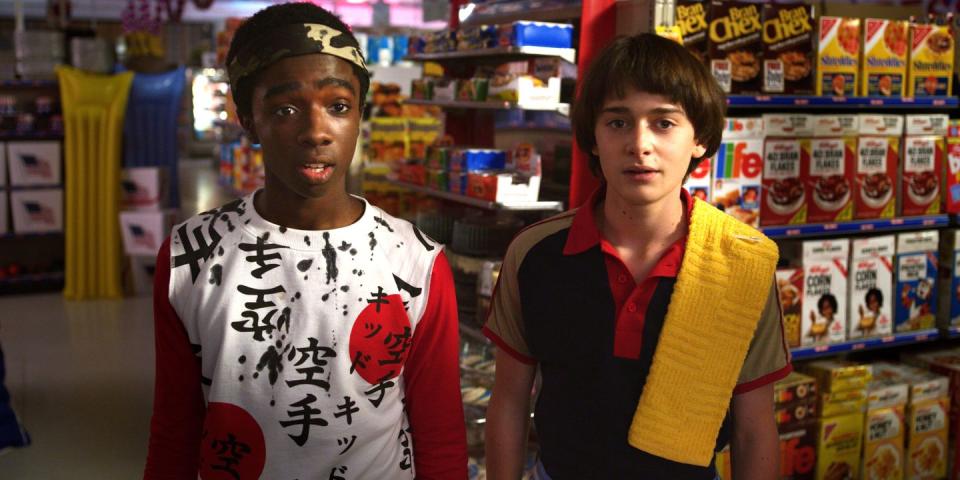
No one has escaped the long arm of the coronavirus. While – relatively speaking – the state of the TV industry is not the world's biggest problem, it can't be denied that it has experienced a monumental upheaval, so much so that predicting what the landscape will look like over the next year and a half is immensely challenging.
But that won't stop us from casting our eye over the information that's already out there in an attempt to work out what we'll be getting and when.
"It's surreal," Fear the Walking Dead and Save Me Too star Lennie James told Digital Spy.
"It's a very weird situation... I'm trying to think of one industry that could survive what's happened to the film and entertainment industry in the same way because you're right: it has literally just ground to a halt. It just stopped. It was like someone just turned the lights off.
"It's devastating for so many people working in our industry. At the same time, no one's really having any conversation that says anything other than, 'We'll be back'."
But for some the ball is already rolling.
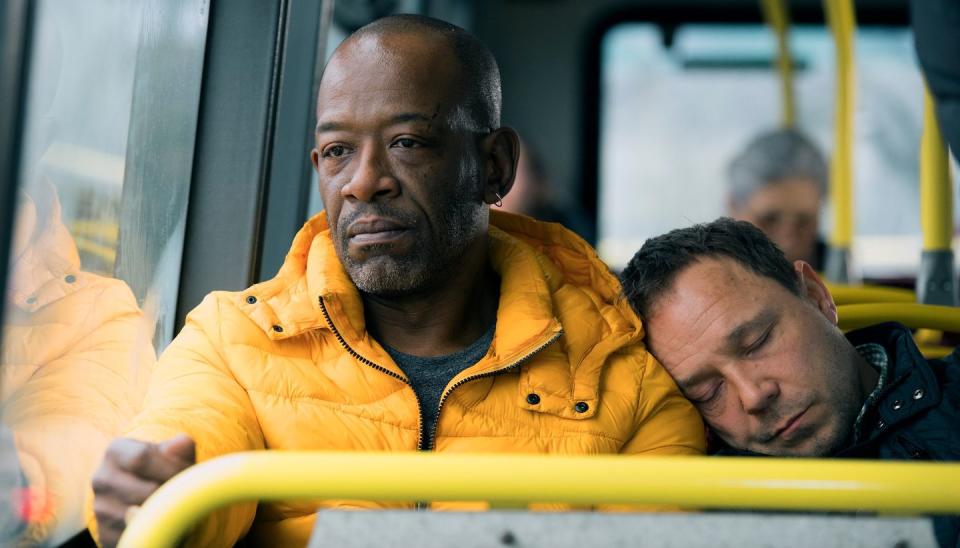
ITV's Emmerdale returned to filming with a skeleton crew and social distancing measures in place to ensure that it remained on air throughout June.
Soaps, in particular, have been badly hit. They're broadcast all year round, several times a week, which essentially means the cameras never stop rolling.
Emmerdale's activity was part of a 'phased return', with the stories focusing on the pandemic itself and how characters were coping with the new normal.
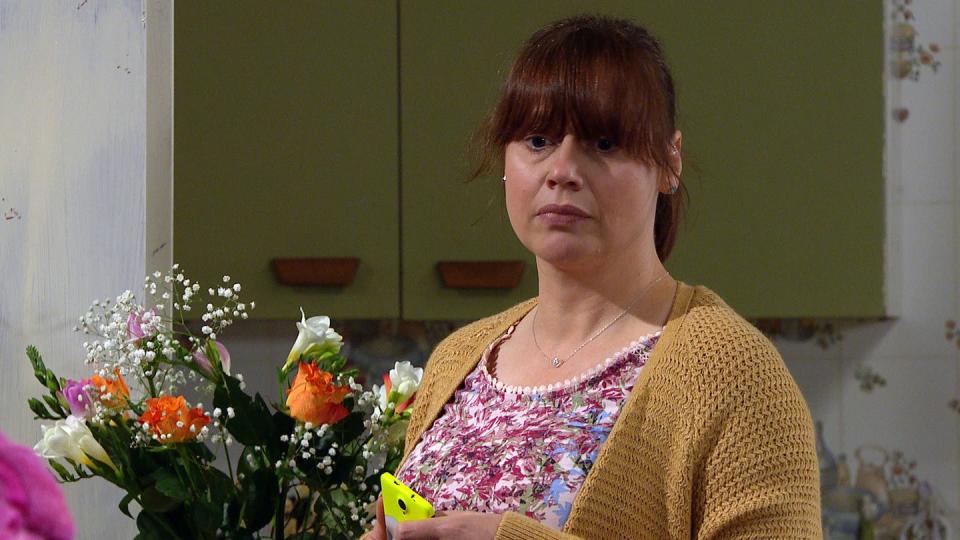
Coronation Street is also filming again, but social distancing measures have been put in place and many of the older cast members are continuing to stay at home.
But the producers have found a solution, of sorts.
"In some cases we will tell a story that accounts for it," Iain MacLeod told Digital Spy and other media. "In others we will imagine they're upstairs, self isolating off-screen and the camera just isn't on them. It has provided opportunities for interesting stories."
He also discussed how Zoom has provided a new outlet for the show.
"We're keen to keep as many of our wonderful characters on screen as we can – we need to keep sight of them, as they're very well loved," he added.
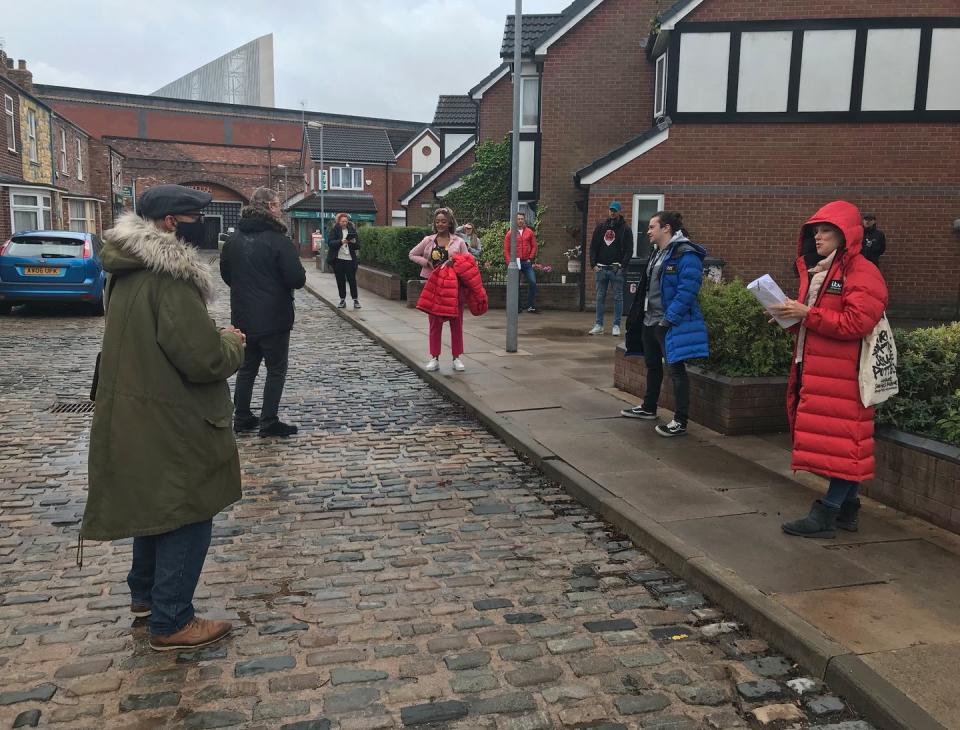
But US soap The Bold and the Beautiful devised a plan that would allow its actors to get up close and personal without putting them at risk.
"We're also bringing in, in some cases, the husbands and wives of the actors as stand-ins for their [characters'] significant others," executive producer Bradley Bell told The Hollywood Reporter.
"So if you see hands touching faces in close proximity from a wide shot, instead of a stunt double we'll have a love-scene double, where it will be the husband or the wife doing the actual touching.
"Then when we edit it together, it will look like our couple on screen."
He added: "We'll probably also be using some of the classic, old-fashioned tricks of soap opera, where when things heat up, we pan to the fireplace or pan to a candle to indicate things are getting hot."
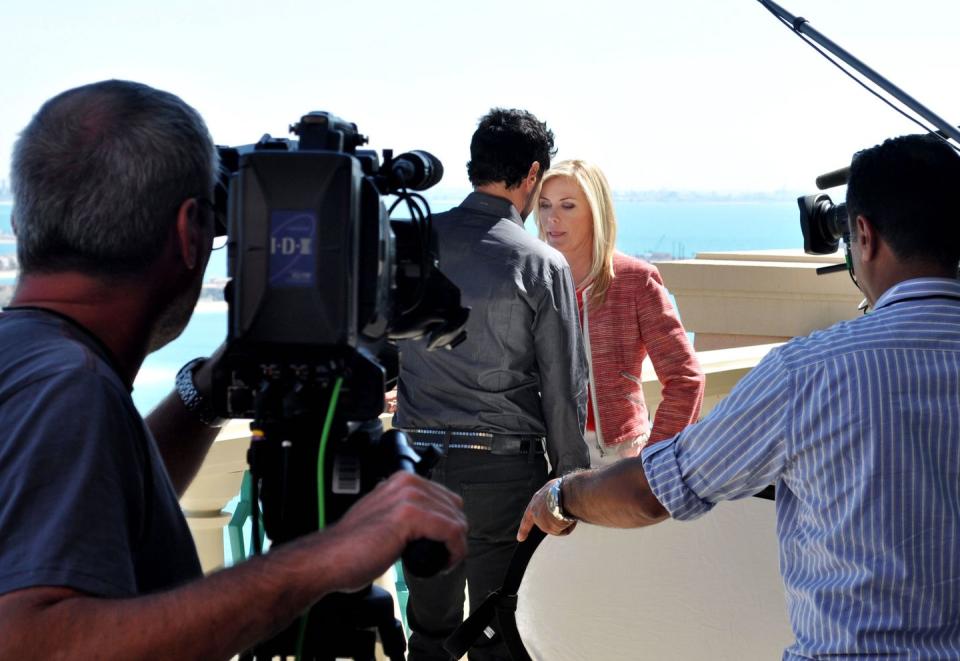
Those are some of the only positive updates to emerge regarding scripted drama, but a number of reality TV shows at least were able to adapt quickly.
Channel 4's Gogglebox ditched its camera crew and gave the families equipment to self-shoot.
The BBC's Saturday Kitchen and The Graham Norton Show beamed their celebrity guests into the studio via video chat from the comfort of their own homes, and while it didn't work as seamlessly as Gogglebox, the show did at least go on.
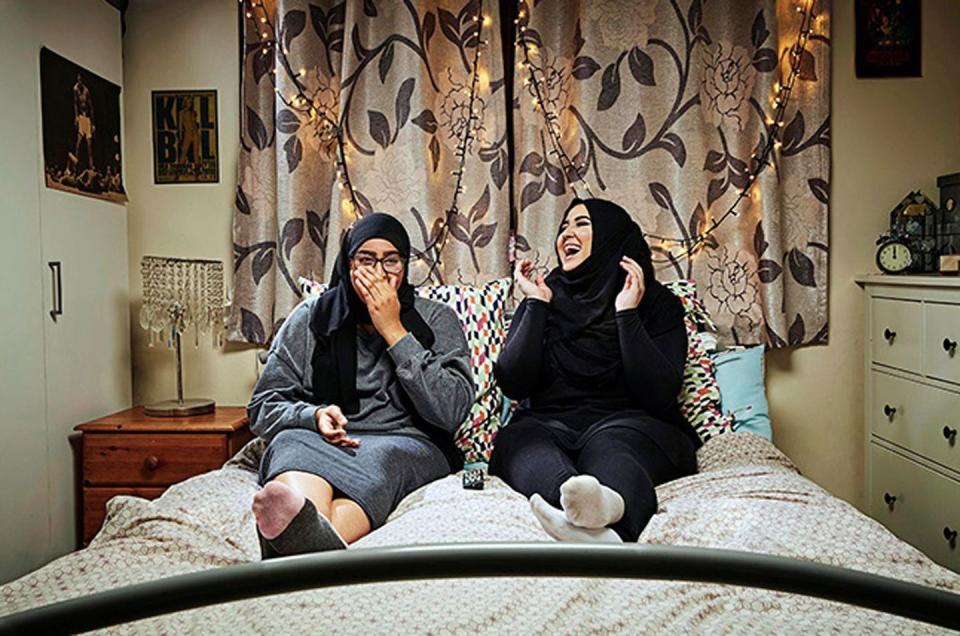
But for every title that has been able to adapt, there are some that simply couldn't find a viable way to make filming work.
ITV's Love Island 2020 was cancelled, which was the only option given that its contestants are encouraged to do the opposite of social distancing. Instead, the first series of Love Island: Australia, which first aired back in 2018, took its place, ensuring that people had something to watch.
The creator of BBC's Line of Duty, Jed Mercurio, swatted away hopeful rumours of a return to filming anytime soon.
"I want to get back as soon as we can, but that's got to be when it's safe," he said on The Andrew Marr Show in May.
"We're not a show that is similar to the soaps where there's a possibility of bringing the actual subject of corona into the storyline, where that could make it slightly easier for them to adapt to it. It's currently not in Line of Duty's world.
"I just don't think, unless wider society has got the process right, we'll be able to work in isolation."

At the beginning of June, Vicky McClure, who stars as Kate Fleming, echoed that.
"There is no word," she said on Radio X's Chris Moyles Show. "I'm hearing lots about certain productions. Obviously the soaps are being quite vocal about [it]. But the thing is Jed Mercurio... he was a doctor before he was a writer. We're going to make sure that when we go back, it's safe to do so. When that day is, I don't know."
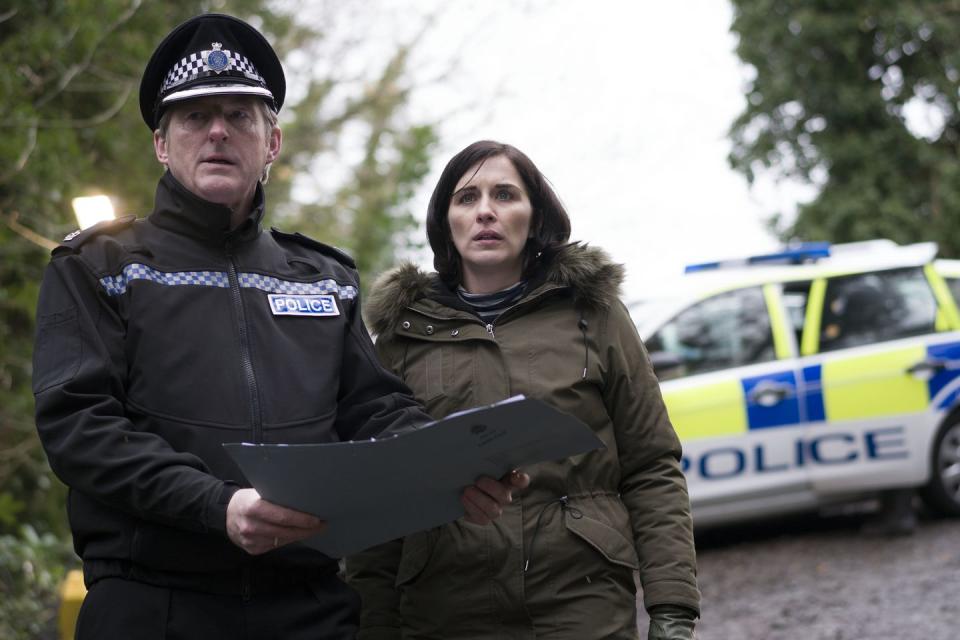
Stranger Things' David Harbour (Hopper) revealed during an Instagram Stories Q&A that the new episodes were "supposed to come out early next year [2021], I think, although I don't have authority on this". But due to Covid, that will "probably be pushed back".
Netflix suspended filming on all of its scripted productions back in March.
According to stunt coordinator Hiro Koda (via Comic Book), two episodes of season four have been filmed, but it's not yet clear when they'll be back at it to finish the rest.

Ampere Analysis [AA], a data and analytics firm, shared their findings about the effect of the pandemic on the TV industry with Deadline.
The numbers shed some light on what it will look like as we head into the second half of the year and beyond.
Let's start with scripted titles.
The figures report that 60% of shows that were supposed to air later this year have been delayed. For context, just 51% of scripted projects ordered during March-May last year have so far aired contrasted with the same period in 2019.
The new seasons of The Flash, Supergirl and Riverdale will all now air from January 2021, and not in September or October.
Multiple series, such as the Gossip Girl reboot, have been unable to start shooting at all and will not make an appearance this year.
But that doesn't necessarily mean that 2021 is going to be chock-full of new releases.
Networks and streaming platforms will need to ration content to ensure that their schedules are balanced – so expect this to rumble on into 2022.

The numbers also make disappointing reading for those who were hoping to pitch new projects.
Up to 10% of dramas and comedies that had already been given the green light have been scrapped, and there has been a 40% drop in scripted commissions compared to the same time last year – so don't expect a swell of new announcements over the coming months.
That will force the powers that be to spread out their shiny new releases which might, for some, allow for a less frantic viewing experience rather than desperately trying to consume multiple shows at once.
It will also give viewers an opportunity to re-watch or enjoy old titles for the very first time.
"Initially, we expect delays to cause gaps in scripted TV release schedules, which broadcasters and streaming players will have to fill with other content," said AA senior analyst Fred Black.
ITV's Honour, starring Keeley Hawes, was initially supposed to premiere over Easter, but was pushed back to the autumn in the early stages of lockdown.
Instead, the broadcaster has been re-airing content, such as A Mother's Son and Little Boy Blue.
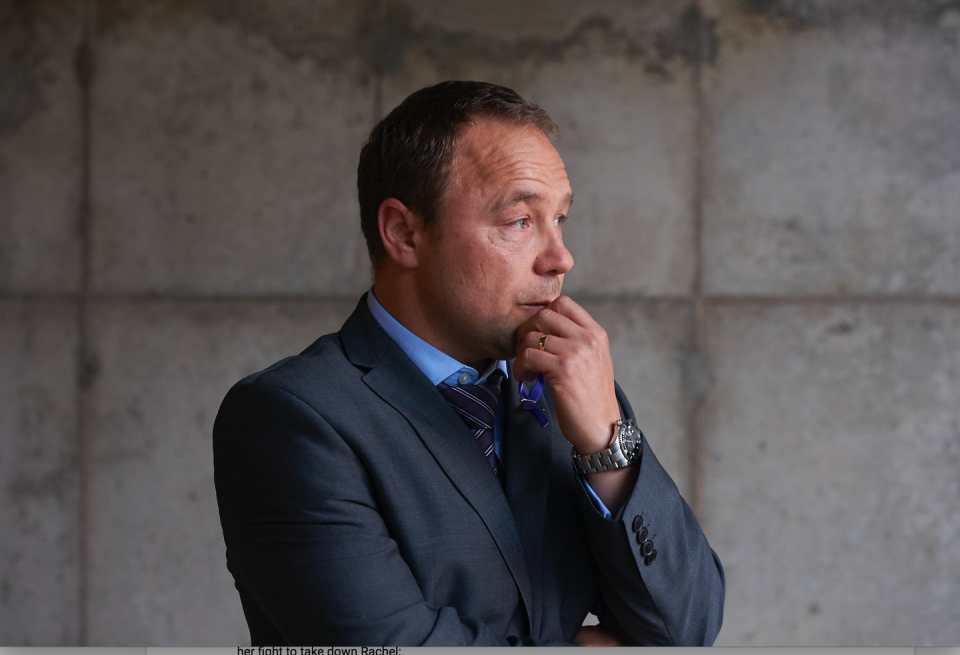
Unscripted shows have also experienced a negative shift.
As well as the aforementioned Love Island cancellation and the likes of ITV having to break up its regular schedule and move the Britain's Got Talent live finals to "later in the year", new projects have also taken a hit.
The numbers appear healthy on the surface, with the number of global unscripted commissions greater than last year's figures. But that's simply because more content has been created to plug the holes, such as ITV's Isolation Stories, Charlie Brooker's Antiviral Wipe, which aired on BBC Two, and Alan Bennett's Talking Heads, which has been revived by director Nicholas Hytner for the BBC.
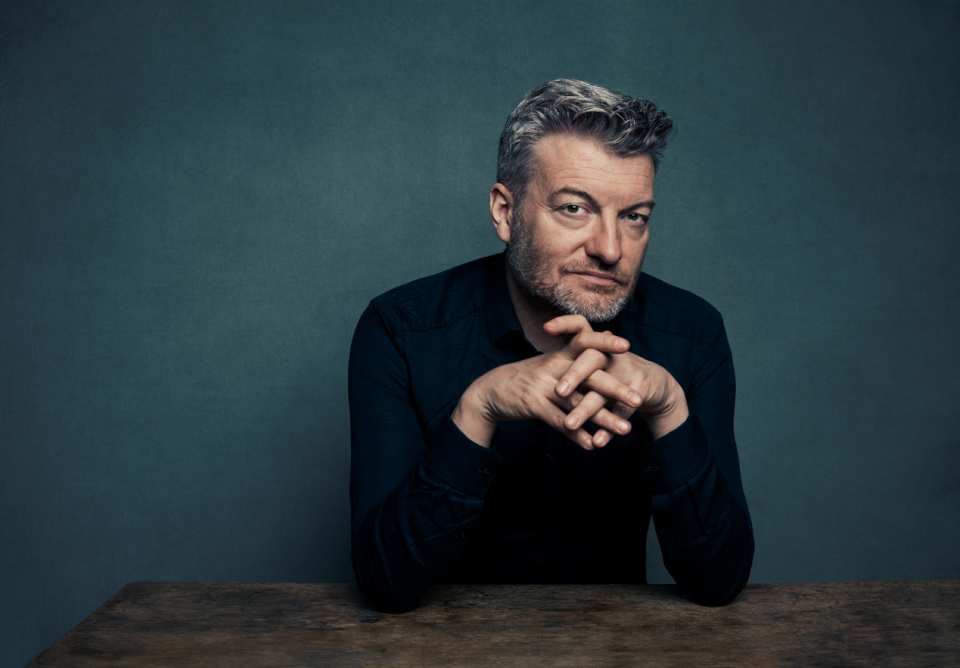
"Commissioners are currently creating a large number of extra unscripted projects which can be used to cover gaps in the schedule left by delayed titles or the missed scripted commissions," said Black.
But he did warn that "this number of extra commissions will begin to wane as the shutdown ends, with audience appetite for COVID-19-specific content already showing signs of falling".
It goes without saying that the novelty of the current situation wore off for many fairly early on.
But it's not all doom and gloom.
AA forecasts that unscripted programming "is set to bounce back by the end of the year", and while we don't take that to mean a complete recovery, you're not going to be short of telly to enjoy.
Digital Spy now has a newsletter – sign up to get it sent straight to your inbox.
Looking for more TV recommendations and discussion? Head over to our Facebook Group to see new picks every day, and chat with other readers about what they're watching right now.
You Might Also Like

